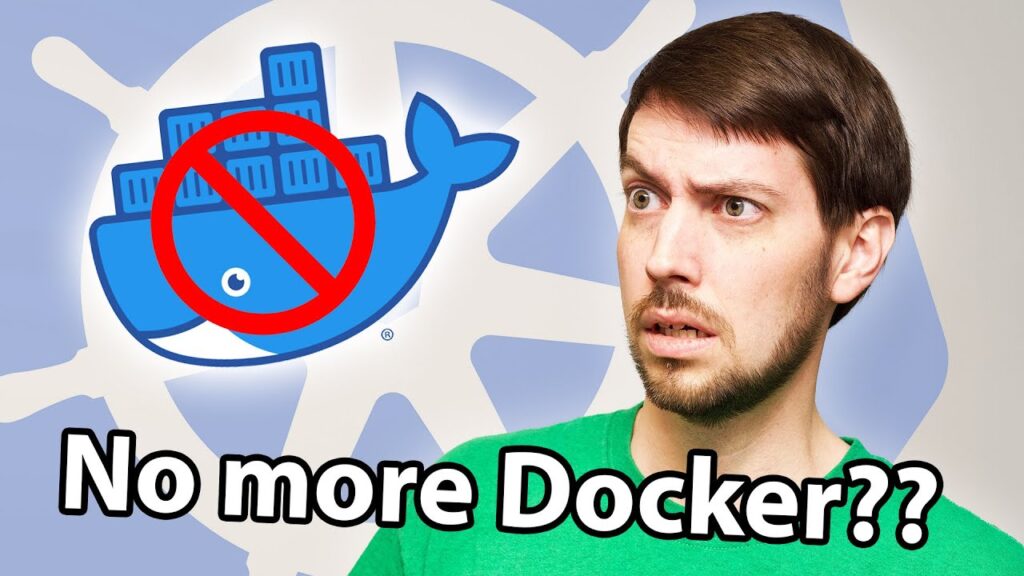[vc_row][vc_column][vc_column_text]Kubernetes is dropping Docker support! Understand the reason behind and how it affects YOU.
Kubernetes deprecated Docker since version 1.20!.
What the Kubernetes announcement actually means and how it will affect you:
► as a software developer, who is using Docker and Kubernetes
► as a DevOps engineer, who is administering Kubernetes using a Managed Kubernetes Service or a self-managed Kubernetes cluster.
Useful Links:
Don’t Panic: Kubernetes and Docker[/vc_column_text][vc_video link=”https://youtu.be/7KUdmFyefSA”][penci_videos_playlist][penci_block_video][/vc_column][/vc_row][vc_row][vc_column][vc_column_text] ▬▬▬▬▬▬ T I M E S T A M P S ⏰ ▬▬▬▬▬▬
0:00 – Intro
0:18 – Why has Docker been deprecated?
3:10 – Container Runtime alternatives?
4:17 – What does this change mean for YOU as a Kubernetes User?
5:07 – What does this change mean for YOU as a Kubernetes Administrator?
5:30 – when using Managed Kubernetes Service
6:32 – with self-managed Kubernetes cluster
7:58 – When do you need to take action?
8:45 – Impact on using Kubernetes locally with Minikube and Docker Desktop
9:42 – Still learn Docker? CI/CD Pipeline with Docker?
12:00 – Wrap-Up
▬▬▬▬▬▬ Want to learn more? ? ▬▬▬▬▬▬
Full Docker course ► https://youtu.be/3c-iBn73dDE
Full K8s course course ► https://youtu.be/X48VuDVv0do
DevOps Tools, like Terraform, Prometheus ► https://bit.ly/2W9UEq6
Jenkins Pipeline Tutorials ► https://bit.ly/2Wunx08[/vc_column_text][vc_column_text]
I am text block. Click edit button to change this text. Lorem ipsum dolor sit amet, consectetur adipiscing elit. Ut elit tellus, luctus nec ullamcorper mattis, pulvinar dapibus leo.
[/vc_column_text][vc_video link=”https://youtu.be/0oVDPf8zPS0″][vc_column_text]Earlier today people started mentioning the news that Kubernetes 1.20 deprecated support for Docker. But what does that mean?
Kubernetes will still run Docker images just fine, since Docker images conform to the OCI standard. But Kubernetes recommends using a more lightweight container runtime, like containerd, or CRI-O, to actually _run_ containers inside a Kubernetes cluster.
So don’t fret, this change likely won’t affect you no matter what tools you use, unless you regularly install new Kubernetes clusters and set up Docker with them. And in that case, it should be a simple fix—install containerd instead of Docker on your Kubernetes nodes![/vc_column_text][/vc_column][/vc_row]
